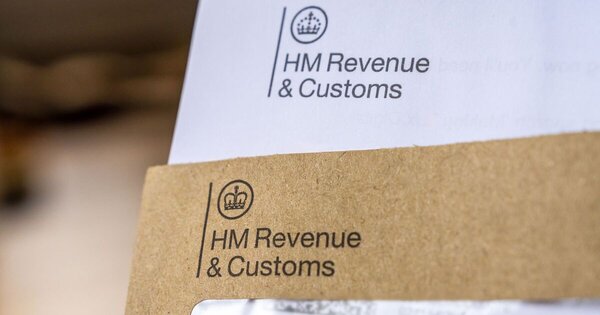As the 31 July deadline fast approaches, up to two million self-employed workers across the UK could be in for a shock. HMRC has issued a warning that many who submitted self-assessment returns earlier this year may owe a second ‘payment on account’, and ignoring it could result in hefty interest charges, debt, and even damage to their credit score.
Despite settling their tax bill in January, many individuals are unaware that they may still be liable for another payment mid-year. According to personal finance expert Aaron Peake from CredAbility, this catches people off guard every single year, especially as the deadline falls during school holidays and the summer slowdown for many small businesses.
Peake adds, “People think they’re done with tax after January. But if you’re self-employed or earn extra income, HMRC often expects a second payment in July, usually half of your previous tax bill.”
What is a Payment on Account, and Who Needs to Pay?
A payment on account is an advance payment towards your next tax bill. It applies if your last self-assessment tax bill was more than £1,000 and less than 80% of your tax was collected through PAYE.
Each year, two equal payments are usually due: 31 January and 31 July. The July instalment is often overlooked, particularly by newly self-employed individuals or those unfamiliar with HMRC’s timelines. Failure to pay can result in immediate interest accrual from 1 August, further increasing the amount owed and leading to possible enforcement actions.
"Not Just Summer Stress, This Impacts Your Credit Too"
Peake warns that the consequences of missing the deadline go beyond a simple fine. “You could end up turning to credit cards or overdrafts, which knock onto other bills. That’s when people start missing payments, and their credit score takes a hit.”
He notes that many people don’t damage their credit score by missing the tax payment directly but rather by taking on high-interest debt to cover it, leading to a snowball effect across other financial obligations. In some cases, the scramble to cover tax shortfalls can make it harder to access things like loans, mortgages, or even mobile phone contracts.
How to Check and Pay. If You Can’t Afford It All
Those affected can quickly check what they owe by logging into their HMRC self-assessment portal at. Payments can be made via debit card or bank transfer. The key message: do not ignore the bill.
“If the money just isn’t there,” says Peake, “you can apply for a monthly payment plan using HMRC’s Time to Pay service. It only takes a few minutes, and acting early improves your chances of being accepted.” Even if you can’t pay the full amount, partial payment shows goodwill and may help you avoid tougher enforcement or added interest down the line.

How to Reduce Your July Payment If Your Income Has Fallen
With many self-employed individuals seeing fluctuating income, especially in a cost-of-living crisis, there is an option to reduce your payment on account.
“If your income’s dropped since your last return,” explains Peake, “you can submit form SA303 or update your figures online to request a reduction. Just be realistic. If you underestimate and underpay, HMRC will charge interest later.” This flexibility is helpful, but only if acted on before the deadline.
Simple Tax Prep That Pays Off Next Year
Peake also highlights a golden opportunity: “This is the perfect time to get ahead on next year’s tax return.” By keeping receipts and logging expenses, like business mileage, home office costs, or equipment, you make the next return easier and maximise what you can claim. He recommends backing up everything digitally and starting early rather than scrambling during the January rush.

Conclusion
With just days to go before the 31 July payment on account deadline, millions of self-employed Brits are being urged to act. Whether it’s checking what’s owed, setting up a payment plan, or asking for a reduction, the message is clear: do something, don’t ignore it.
Failing to pay on time can lead to mounting interest, credit score damage, and unnecessary stress. On the flip side, being proactive, even partially, can soften the blow and keep your finances on track.
At a time when many households are already under pressure, the unexpected arrival of a surprise HMRC bill could be the tipping point. So if you’re self-employed, have extra income, or filed a return earlier this year, take five minutes to log in, check, and act.











